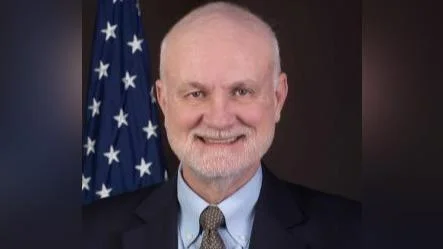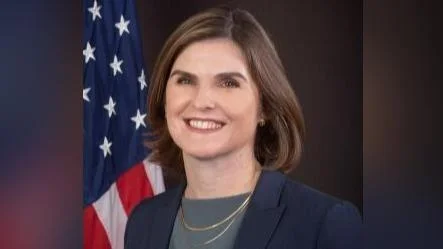Recent research has shed light on the reasons behind financial mismanagement by some Catholic priests, revealing that financial pressure is not often a primary factor. This conclusion comes from Robert A. Warren, an assistant professor of accounting at Radford University and retired IRS special agent, and Timothy Fogarty, a professor of accountancy at Case Western Reserve University.
Warren maintains a database of approximately 120 cases of Catholic clergy fraud dating back to 1963. He stated, "And every time a new one comes out, I get the court records and I read them." Together with Fogarty, they have analyzed these cases to understand why some priests have misappropriated parish funds for unauthorized purposes such as vacation homes or gambling debts.
Their findings were published in 2023 in an article titled “Exploring Embezzlement by Catholic Priests in the United States: A Content Analysis of Cases Since 1963,” which appeared in the Journal of Forensic and Investigative Accounting. The scholars emphasized that most Catholic priests do not engage in such activities but acknowledged that further research is needed to identify risk factors for clerical theft.
Through reviewing around 95 cases from 1963-2020 and applying a forensic model known as the "fraud triangle," they discovered that rationalization plays a significant role in enabling offending priests to justify their actions without apparent financial pressure. Warren explained that this model involves three factors: opportunity, pressure, and rationalization.
Fogarty noted that while the fraud triangle works well for some dimensions when applied to Christian clergy frauds, particularly Catholic priests, it does not align perfectly with all aspects. Despite opportunities being present due to cash donations and weak financial controls within parishes, most priests' material needs are met by the Church.
The study found that envy often drives fraudulent behavior among priests rather than financial necessity. Warren observed, "You don’t see people stealing from poor parishes." Instead, he pointed out that wealthier congregations might tempt priests who compare themselves unfavorably with their parishioners' lifestyles.
The concept of "moral licensing" was also highlighted as a justification used by some priests who commit fraud. This notion suggests individuals feel entitled to wrongdoing after performing good deeds. Fogarty described it as an underappreciated phenomenon relevant to clergy due to their role's nature.
To mitigate these risks, Warren suggested several strategies including regular audits whenever pastors change positions or annually; maintaining parish financial records according to Generally Accepted Accounting Principles; having dual oversight on cash transactions; promoting online giving; sharing resources for hiring business managers; requiring pastors’ financial disclosures with bishops; incorporating financial management into seminary education programs.
Gina Christian contributed this report for OSV News.
 Alerts Sign-up
Alerts Sign-up





